The special procedures of the Human Rights Council are independent human rights experts with mandates to report and advise on human rights from a thematic or country-specific perspective. They are non-paid and elected for 3-year mandates that can be reconducted for another three years.
With the support of the Office of the United Nations High Commissioner for Human Rights (OHCHR), special procedures:
- undertake country visits
- act on individual cases of reported violations and concerns of a broader nature by sending communications to States and others
- conduct annual thematic studies, seek information from calls for input and convene expert consultation
- contribute to the development of international human rights standards, and
- engage in advocacy, raise public awareness, and provide advice for technical cooperation.
More about what Special Procedures do
Special procedures communication
Special procedures mechanisms can intervene directly with Governments on allegations of violations of human rights that come within their mandates by means of letters which include urgent appeals and other communications. The intervention can relate to a human rights violation that has already occurred, is ongoing, or which has a high risk of occurring. The process involves sending a letter to the concerned State identifying the facts of the allegation, applicable international human rights norms and standards, the concerns and questions of the mandate-holder(s), and a request for follow-up action.
Please find the Communications sent by the Special procedures to the member states including the Democratic People’s Republic of Korea:
https://spcommreports.ohchr.org/Tmsearch/TMDocuments
Who can submit information to the Special procedures?
Any individual, group, civil-society organization, inter-governmental entity or national human rights bodies can submit information to the Special Procedures.
Each expert will decide whether she/he will take action on a given submission, on the basis of the information received and the scope of her/his mandate.
This decision depends also on criteria laid down in the Code of Conduct for the experts (“Code of conduct of the Special Procedures mandate-holders of the Human Rights Council”, Human Rights Council resolution 5/2):
• the communication should not be manifestly unfounded or politically motivated;
• the communication should contain a factual description of the alleged violations of human rights;
• the language in the communication should not be abusive;
• the communication should be submitted on the basis of credible and detailed information;
• the communication should not be exclusively based on reports disseminated by mass media.
